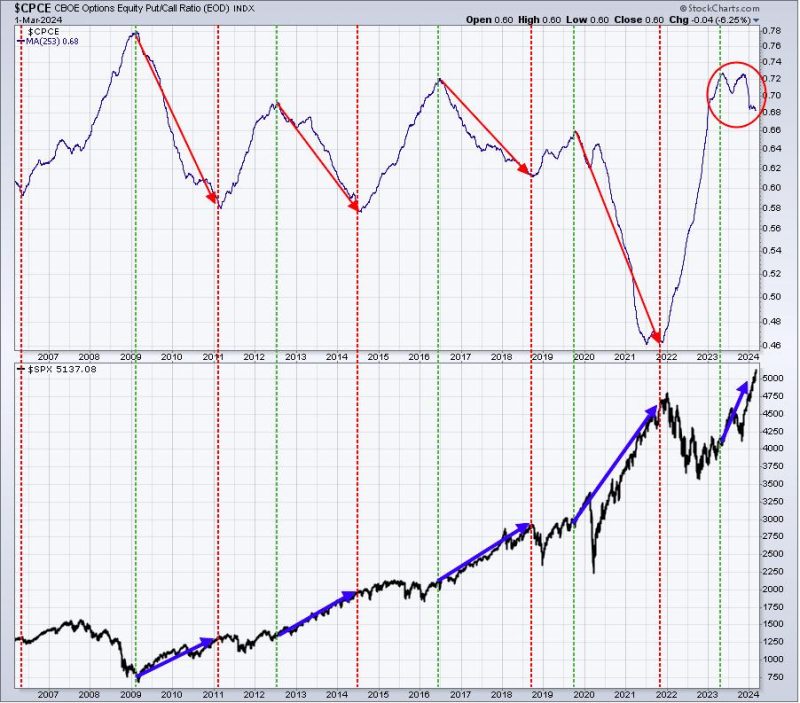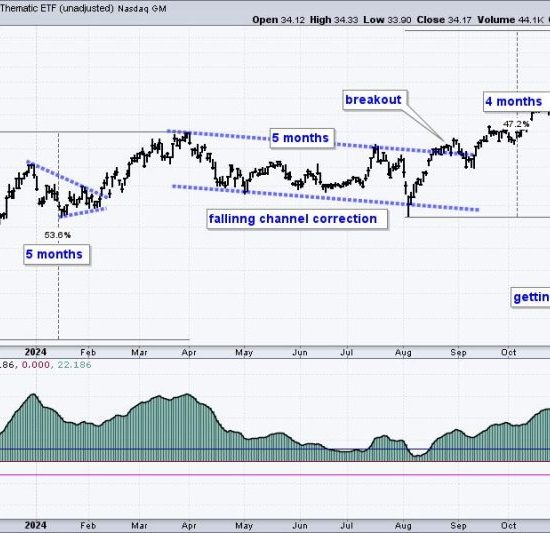Body Content:
In economic parlance, sentiment is understood as the aggregate feeling or attitude of investors towards the market or a particular security. An understanding of market sentiment can serve to predict market movements, acting as a crucial tool for investors around the world. However, it is not the only determinant of market movements. Other factors, such as market size, also play a vital role. Together, sentiment and the size of a company, specifically small-cap companies can be likened to a formidable ‘1-2 punch’ with a capacity that is capable of staggering, if not outright knocking out, the bear market.
Small cap refers to companies with relatively small market capitalizations, often between $300 million and $2 billion. These companies are widely regarded as growth vehicles responding to both positive and negative sentiments. When investors are bullish, they are often ready to invest in small cap companies. The reason is simple: the potential for exponential growth. However, they’re often the first to bear the brunt when sentiment is bearish.
When optimism surges among investors, along with an increase in the risk appetite, it positively impacts the small caps’ performance. A case study is the shift seen during the COVID-19 pandemic’s recovery process. The widespread optimism characterized by positive sentiment and the hunger for high yield saw a considerable shift of funds towards small-cap companies. This shift let small-cap indexes like the Russell 2000 outperform their larger counterparts.
Recent data suggests that positive investor sentiment, combined with robust performance from small caps, has the making of a bull market. This 1-2 punch essentially outperforms during recovering economy and periods of increasing market optimism.
While sentiment amplifies the potential for small caps, it also magnifies the risk. Small cap companies inherently are more susceptible to economic downturns. They often lack the financial reserves or diversified income streams that help insulate larger companies against market downturns. Moreover, they tend to be more volatile compared to their mid-cap or large-cap counterparts as they are thinly traded.
However, this potential vulnerability can turn into a strength during a bear market. The smaller the company, the less likely it is to be dragged down by wide-scale economic trends. Hence, small-cap companies can become an ideal defensive strategy, and when paired with positive sentiment, it can effectively stagger or even subdue a bear run.
While the punch of sentiment can be both a challenge and an asset, it is the combination of sentiment and small cap’s unique nature that can make a real impact on the wellbeing of the financial market. Of course, it’s not a foolproof strategy. All investors should bear in mind that financial markets are complex and contingent on multiple variables.
Overall, the sentiment and small-cap phenomena represent a dynamic, responsive element within the global economy. These two factors combined can generate a 1-2 punch, making substantial inroads into a bear run, and sometimes, even staking the ground for a bull run. Sentiment and small caps, therefore, are more than worth paying attention to for investors aiming to prosper amidst the ongoing volatility of the market.




